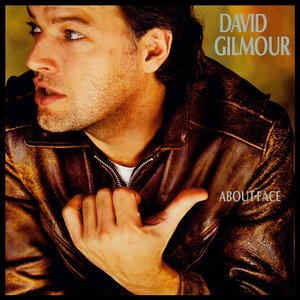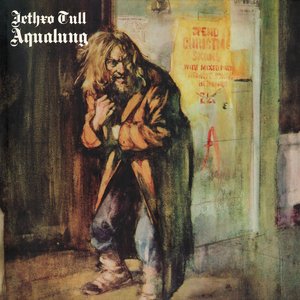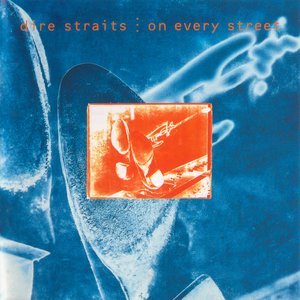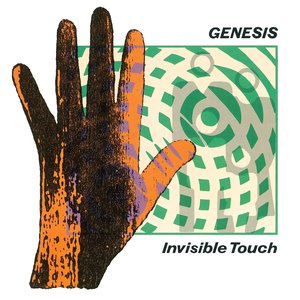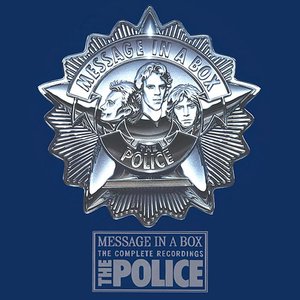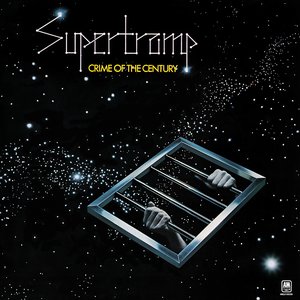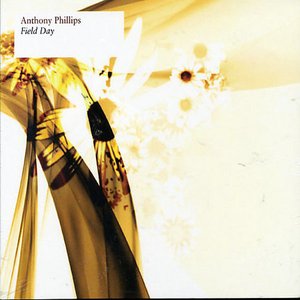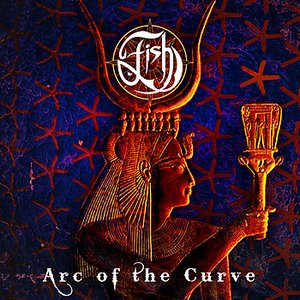Wiki
-
Release Date
19 May 1986
-
Length
9 tracks
So is the fifth studio album (and seventh album overall) by British rock musician Peter Gabriel, released in 1986. Many of its songs reflect a more conventional pop-writing style and became radio hits, others still retain Gabriel's dark, brooding sense of experimentalism.
It is Peter Gabriel's second album produced by Canadian artist Daniel Lanois. The previous year, the two of them had worked together on Birdy. Lanois had been previously known for his ambient collaborations with Brian Eno as well as producing U2 since 1984. As he had with the soundtrack to the film Birdy, Lanois brought many of his own ambient sensibilities to this recording.
The album begins with an emotionally charged piece titled "Red Rain". Inspired by a recurring dream which Gabriel had of swimming in a sea of red water, its lyrics vividly depict dream imagery that reflect a sense of vulnerability. The song is one of the works in the story of Mozo, a wandering stranger who appears in several Gabriel songs. Of all the tracks on the album, Gabriel considers "Red Rain" one of his favourites. Other Mozo works include "On the Air" and "Exposure".
The second track is Peter Gabriel's most popular single, "Sledgehammer". "Sledgehammer" is an upbeat piece with strong Motown influences, and a world music touch from its famous use of the shakuhachi. This song also shows Tony Levin's abilities on the bass. The video for "Sledgehammer" won MTV's 1987 Top Music Video Award. Directed by Steven Johnson, it features stop motion animation by Aardman Animations of Wallace and Gromit fame. The dancing chickens were animated by Nick Park. The video ends with Gabriel dancing in silhouette, covered with lights taped on his suit by a runner who later became a producer for the Wallace and Gromit films. While performing "Sledgehammer" on his 2002 tour, Gabriel recreated this image by wearing a jacket covered with LED lights.
Tracks 3–6 cover more serious emotional content. These tracks include a duet with Kate Bush titled "Don't Give Up," "That Voice Again," and hit single "In Your Eyes". "Mercy Street" is dedicated to poet Anne Sexton and takes its title from her 1969 play, Mercy Street (Sexton also posthumously released a book of poetry, 45 Mercy Street).
Track 7 is the album's last upbeat pop piece, "Big Time". This song is a send-up of the narcissism of the 1980s. It was also accompanied by a video in the vein of "Sledgehammer", although to less popularity.
Then comes the album's darkest and most experimental track titled "We Do What We're Told (Milgram's 37)". The title refers to the 37 out of 40 compliant subjects of Milgram Experiment 18.
The album ends with a pictorial and meditative piece titled "This Is the Picture (Excellent Birds)". This song features vocals with co-writer Laurie Anderson. This track is not included on the original vinyl release of the album, but was added to the audio cassette and CD editions. Anderson had previously recorded a different arrangement of the song entitled "Excellent Birds" for her 1984 album, Mister Heartbreak, which also featured vocals by Gabriel. A video rendition of the song featuring Anderson and Gabriel was included in the 1 January 1984 TV satellite broadcast Good Morning, Mr. Orwell. Anderson also performs the song in her concert film Home of the Brave, released around the same time as So.
This was Gabriel's first studio album to bear an official title from its inception. His previous regular albums were simply titled "Peter Gabriel," including 1982's Security, which was retitled by Gabriel's US label at the time, Geffen Records. It had been speculated that the album was named for the fifth note on the scale(do-re-mi-fa-SO), signifying that it was Gabriel's fifth solo album. However, the fifth note of the scale is actually SOL, and according to Peter Gabriel himself, the title did not have any meaning. "It doesn't mean anything", he said in an interview with Smash Hits in 1986. "We just liked the form of the word and the two letters. That's all."
When the album was remastered in 2002 with most of Gabriel's catalogue, the song "In Your Eyes" was moved from the fifth song to the ninth song. This was what Peter Gabriel originally intended, but because of the limitations of the vinyl release format it was moved up to be the first track on side two. Oddly, the credits in the booklet were not changed to show the change in order (so, Youssou N'Dour, instead of being credited with backing vocals to "In Your Eyes" is given credit for backing vocals on "Mercy Street").
We Do What We're Told (Milgram's 37) was featured in an episode of the T.V series Miami Vice.
In 1998, Q magazine readers voted So the 81st greatest album of all time. In 2001, the TV network VH1 placed it at number 91. Rolling Stone magazine places the album at 187 on its list of 500 greatest albums of all time.
Album descriptions on Last.fm are editable by everyone. Feel free to contribute!
All user-contributed text on this page is available under the Creative Commons Attribution-ShareAlike License; additional terms may apply.

